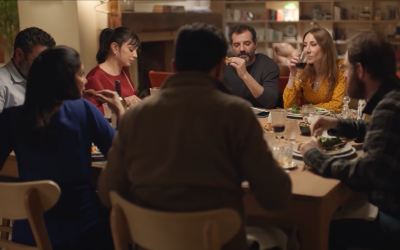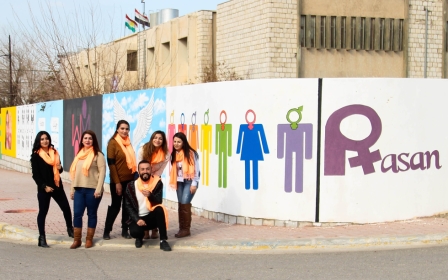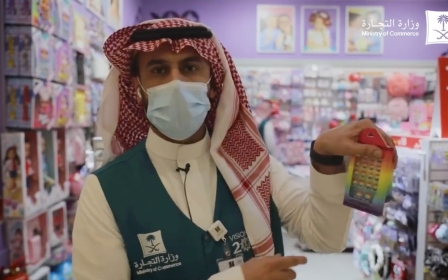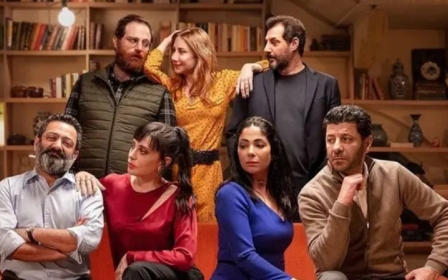Egypt demands Netflix and Disney conform with its 'social values'
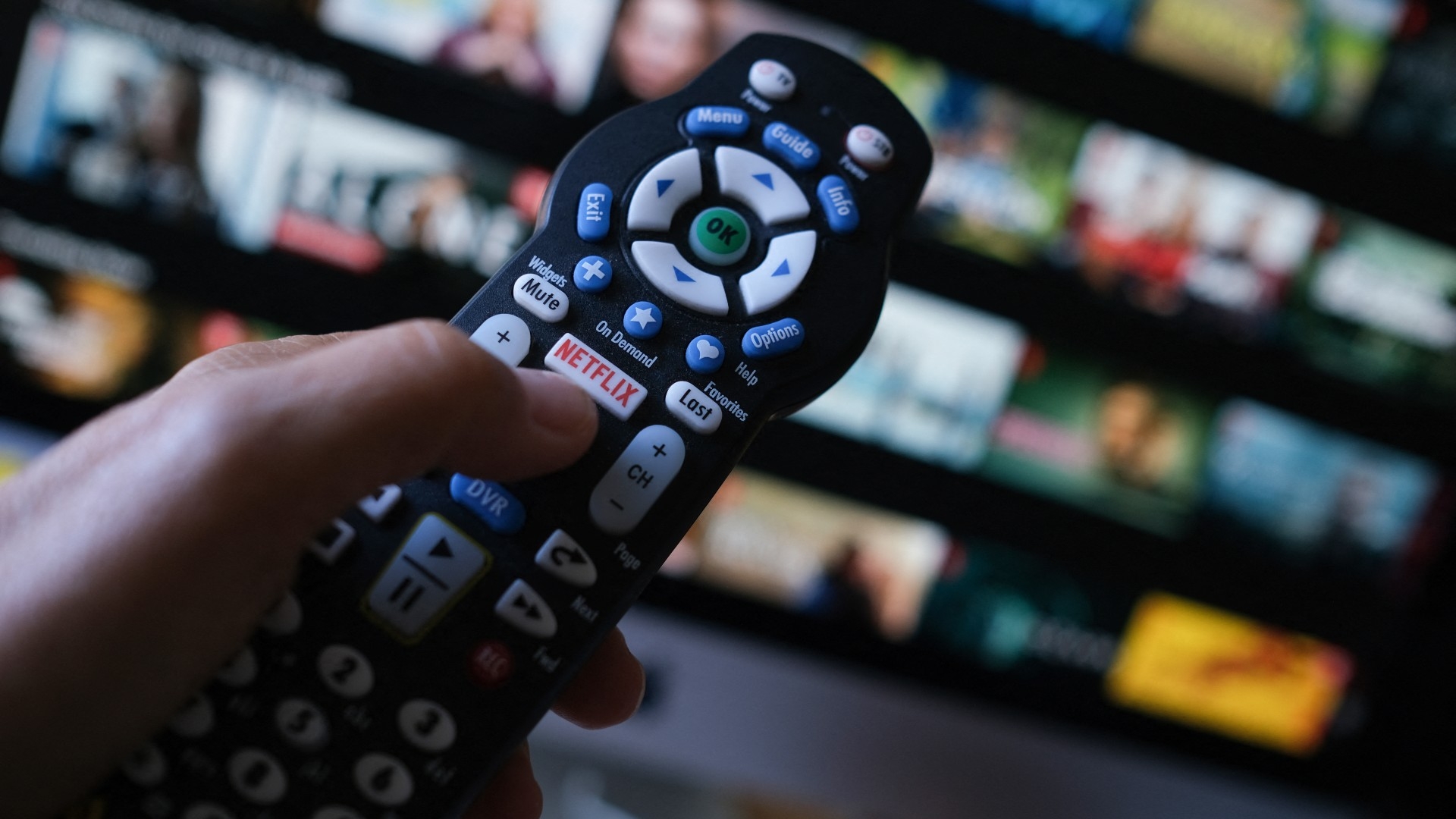
Egypt’s media regulator has demanded that streaming platforms such as Netflix and Disney+ conform to the country’s “social values” – a day after Gulf states issued a similar joint statement.
"Regulatory and licensing rules for digital platforms like Netflix and Disney+ will be put in place that will include their commitment to respect the norms and social values of the state," Egypt's Supreme Council for Media Regulation said in a statement on Wednesday.
The announcement came after Saudi Arabia’s media regulator and the six-member Gulf Cooperation Council (GCC) threatened Netflix with legal action if it did not remove content that “contradicts Islamic and societal values”.
Both the Egyptian and GCC statements did not specifically identify the material in question, however Saudi state media highlighted movies and TV shows featuring LGBTQ characters.
In a programme discussing the issue, Saudi state-run Al Ekhbariya TV showed blurred-out animation clips from Jurassic World Camp Cretaceous that appeared to show two girls embracing.
In an on-air interview on that channel, a lawyer said that these were "very unfortunate and painful clips for our children, grandchildren and the next generation".
LGBT references censored
In recent years, films referencing same-sex relationships have been banned across several countries in the Middle East, including Disney Pixar films Lightyear and Onward, and Marvel’s Doctor Strange in the Multiverse of Madness.
Saudi Arabia had asked Disney to cut “LGBTQ references” in the latter - a request the streaming platform did not comply with.
Earlier this year, Netflix’s first Arabic language feature Perfect Strangers sparked a national debate in Egypt after it touched on issues including homosexuality and infidelity.
Egyptian law punishes alleged homosexual activity with prison sentences ranging between one and five years.
Al-Nour, the country's leading Salafist party, vowed to prepare legislation to toughen penalties for those involved in promoting homosexuality following the release of the film.
Egyptian lawmaker Mustafa Bakri called for Netflix to be banned in Egypt, but the country’s Syndicate of Artists defended what it called the “freedom of innovation”.
Middle East Eye propose une couverture et une analyse indépendantes et incomparables du Moyen-Orient, de l’Afrique du Nord et d’autres régions du monde. Pour en savoir plus sur la reprise de ce contenu et les frais qui s’appliquent, veuillez remplir ce formulaire [en anglais]. Pour en savoir plus sur MEE, cliquez ici [en anglais].


